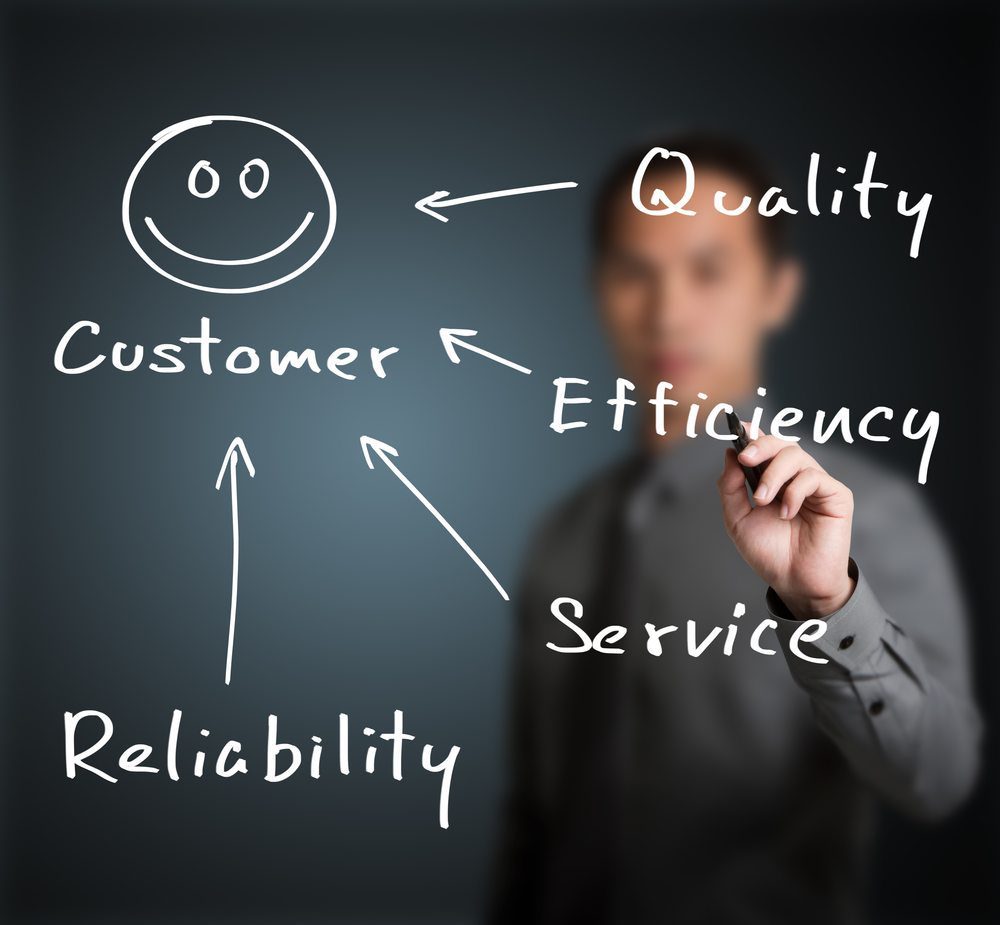Identify the kind of customer experience you want, and let procedures, hiring and training drive it. BY GLENN PASCH
The word “culture” gets thrown around routinely in corporate meetings and events, but it is far from a throwaway concept. Companies such as Zappos.com, Ritz-Carlton, Disney and Apple have amazing company cultures that all should emulate.
However, what exactly is a business “culture”? Does it really matter, and how can you establish a culture that drives your business plan?
I think culture is very important and far from jargon. It should be the measuring stick of what your company does for its customers and employees. However, it can be difficult to verify whether your culture is helping or hurting your business, so in this article I’d like to review the fundamentals of corporate culture.
I think the first step toward understanding culture is to “begin with the end in mind,” in the words of the late Dr. Steven Covey. What type of experience do you want your customers to have with your company? Also, you must decide what image of your company you want customers to take away. Is it most important that your business is seen as informed? Responsive? Obsessed with its customers? Fastest? Offering the easiest sales process?
Some of you will reflexively answer, “I want all of these!” However, I must warn you that trying to change a number of processes is not the same as making them better. Force yourself to identify your company’s top priorities, or at the very least pick the one or two traits or processes you want to work on first.
Steps To Implement Customer Experience
As far as action items to address those priorities, count on the following:
- You will have to review all of your current procedures and processes, and adjust them if they do not encourage behaviors that lead to your customer experience goals.
- You need to hire people who can execute your ambitions.
- You will need a training structure in place.
- You must measure outcomes.
- You will have to insist on accountability and retraining.
Don’t Assume Culture Changes Stick
Now, with those fundamentals as a backdrop, let me walk you through what my company did after we decided our culture needed refocusing.
We created our culture “focus points” more than a year ago, and initially our customers got the experience we wanted. Our main goal was for customers to feel our company was available and would educate them, so they could understand their results in simple terms. Things went well enough that I began to focus on other business priorities.
However, after a few conversations with clients who moved on from our company, I realized something had gone wrong. I had taken our culture for granted.
After discussing this problem with my executive coach (every business leader needs one, by the way), I decided to take my own advice and perform a top-down inspection of our culture through the eyes of a consultant.
Culture Fit Can Slip During Hiring
I decided the processes and procedures were in good shape, so I moved on to our hiring, training and reporting. Regarding our staff, I focused on the qualities I had previously prioritized as necessary to deliver the customer experience we wanted. We had decided on the following employee qualities or traits that reflect what we want in our company culture:
- Self-motivated
- Flexible
- Collaborative
- Accountable
- Passionate
While I got involved with performance reviews to make sure we had the right people, I realized that we had made a few poor hiring decisions. We had hired based on needed skills and not on whether this person was a good fit for our culture.
Then I moved on to our hiring and training processes. I wanted to learn more about why we had hired incorrectly. As a small company, we ask our staff to wear many hats, but that is no excuse for cutting corners when it comes to customer experience.
So, we instituted bi-monthly and monthly training for teams and for individual employees. We created new assessments to measure retention of knowledge, and had our executives interact with department managers during customer communications. We emphasized that no matter what question a customer asked, regardless of whether it fell under the services for which we hired, that question would be answered.
I realized I had been skipping opportunities to reinforce these culture points with my team each day. Reading these values written on the wall at meetings and having them printed on cards to hang in employee workstations would not cut it. Culture is a living and breathing thing that takes daily focus and execution, and I needed to focus on the culture traits every time the opportunity arose.
 How To Implement Fundamentals
How To Implement Fundamentals
Now, how might you use these culture fundamentals and my company’s experience to help establish your dealership’s own culture?
Let’s say you want your customer’s experience to be informative and fun, with courteous service at every step. What procedures could you implement to deliver that level of experience?
- You could have a staff member greet every customer as he or she enters, rather than leave the job to a receptionist sitting behind a desk.
- You could have upbeat music playing over the PA in the showroom and service area.
- Salespeople could be instructed to always come out from behind their desks to greet a customer.
- You could create a kid-friendly waiting room with iPads or computers loaded with games, and a video console.
- You might have photos taken in the vehicle-delivery area.
- You could install a monitor in the service waiting room offering tips on improving the life of a car, and a console letting customers look at different options or packages without a salesperson hovering.
Now, let’s talk about staffing. What employee qualities would help produce the customer experience your culture emphasizes?
- An energetic and outgoing personality
- Experience in a hospitality business or at a theme park, or in a job that changed every day
- A prior career as a teacher or coach, meaning he or she has patience to answer questions and explain complicated topics in a clear way
- Comfort with being in front of a group
What about employee training and follow-up?
- You will need a consistent, well-thought-out onboarding process.
- You should require everyone on staff to take certain online classes or training.
- New hires should be handled by common trainers, not by multiple people who have individual visions of what the job is.
- The dealership leaders will need to get out on the floor to make sure the culture is being executed, and reinforce the culture by their own actions. Everyone looks to the leader to follow suit.
I hope I have made the point that beautiful wall art or posters displaying your culture points do not mean your team is delivering excellence to your customer. Your dealership must find every opportunity to reinforce the chosen traits. Your customers will thank you, and someday your business may be the example routinely tossed out when people discuss great corporate cultures.



